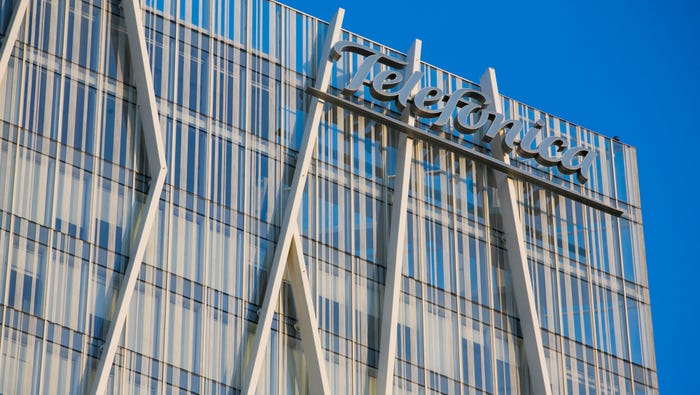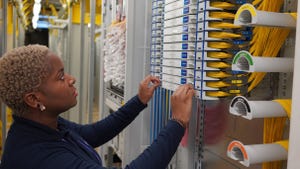
Wi-Fi 7 offers unmatched wireless performance for users and businesses, with high speed and low latency enhancing the broadband experience. It expands on Wi-Fi 6 features and introduces significantly more complexity with 4K QAM, multi-link operations, and the increased focus on performance and quality of service. However, realizing these benefits requires translating technical specs into tangible user experiences at home or work. These new capabilities point to the future of Wi-Fi, where new use cases are emerging, and it gets used in completely new ways like AR/VR, mesh, or internet of things (IoT). But there are challenges with these new use cases, and if left untested, we leave a lot on the table, and expected customer benefits will not be realized.























.jpg?width=300&auto=webp&quality=80&disable=upscale)




















